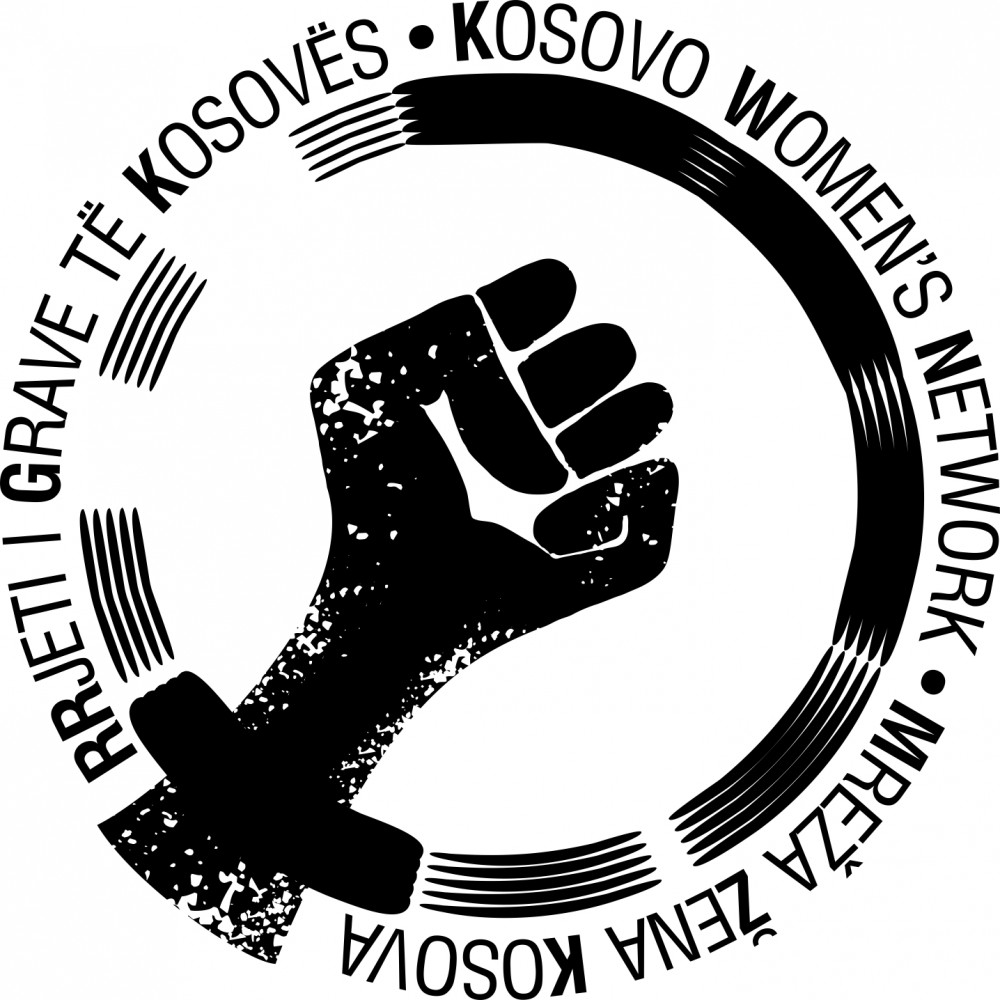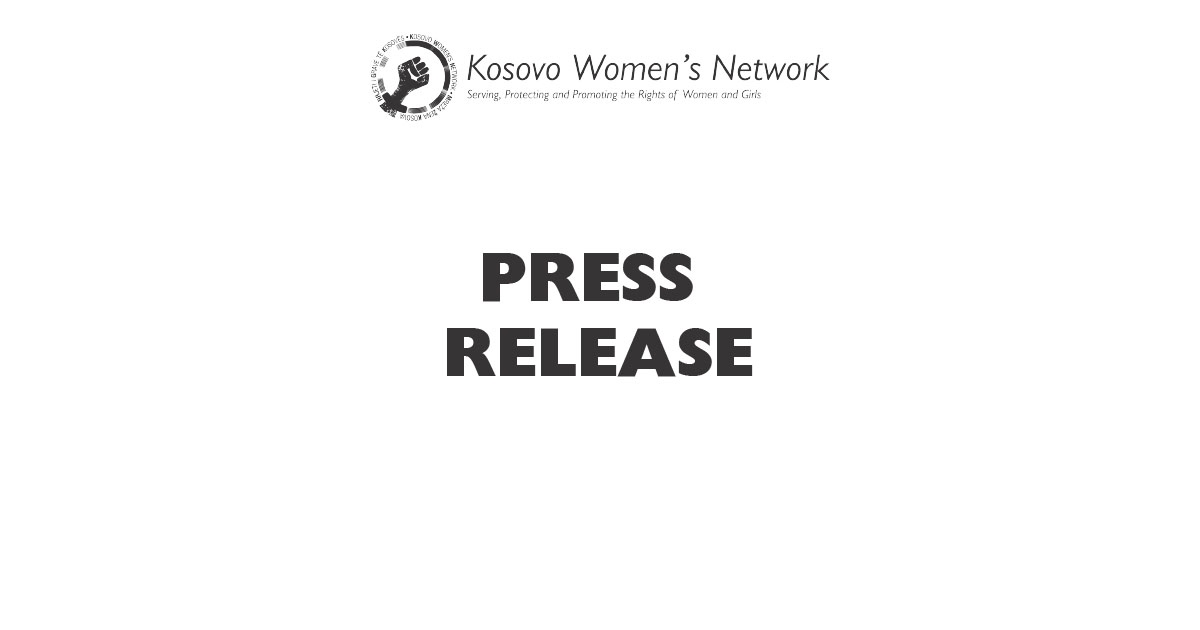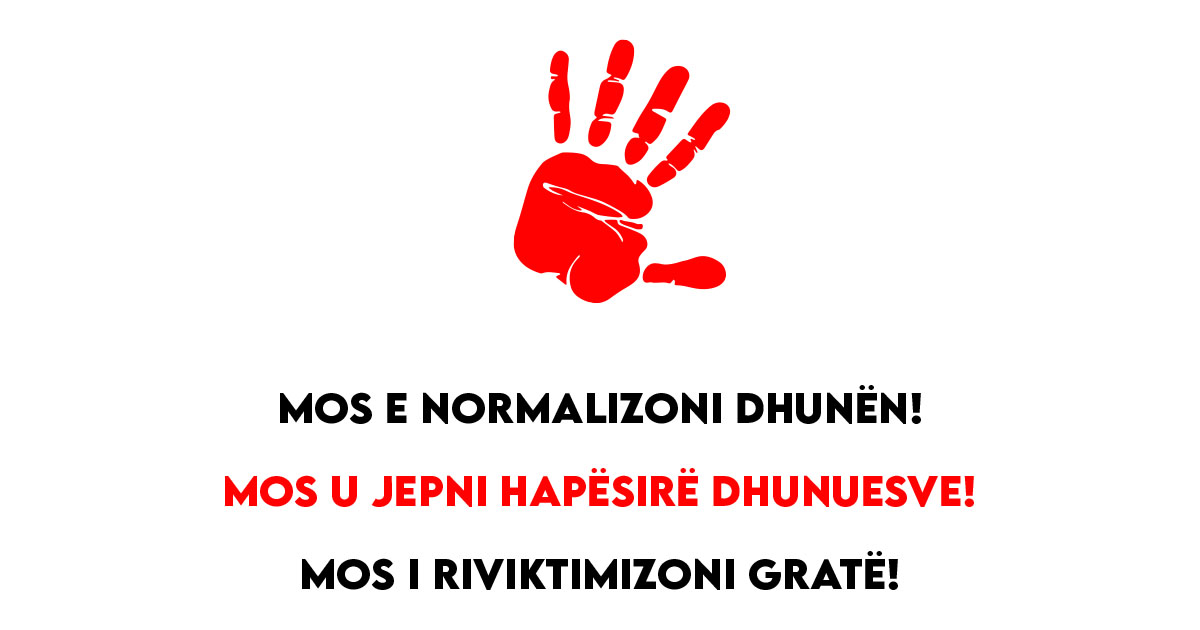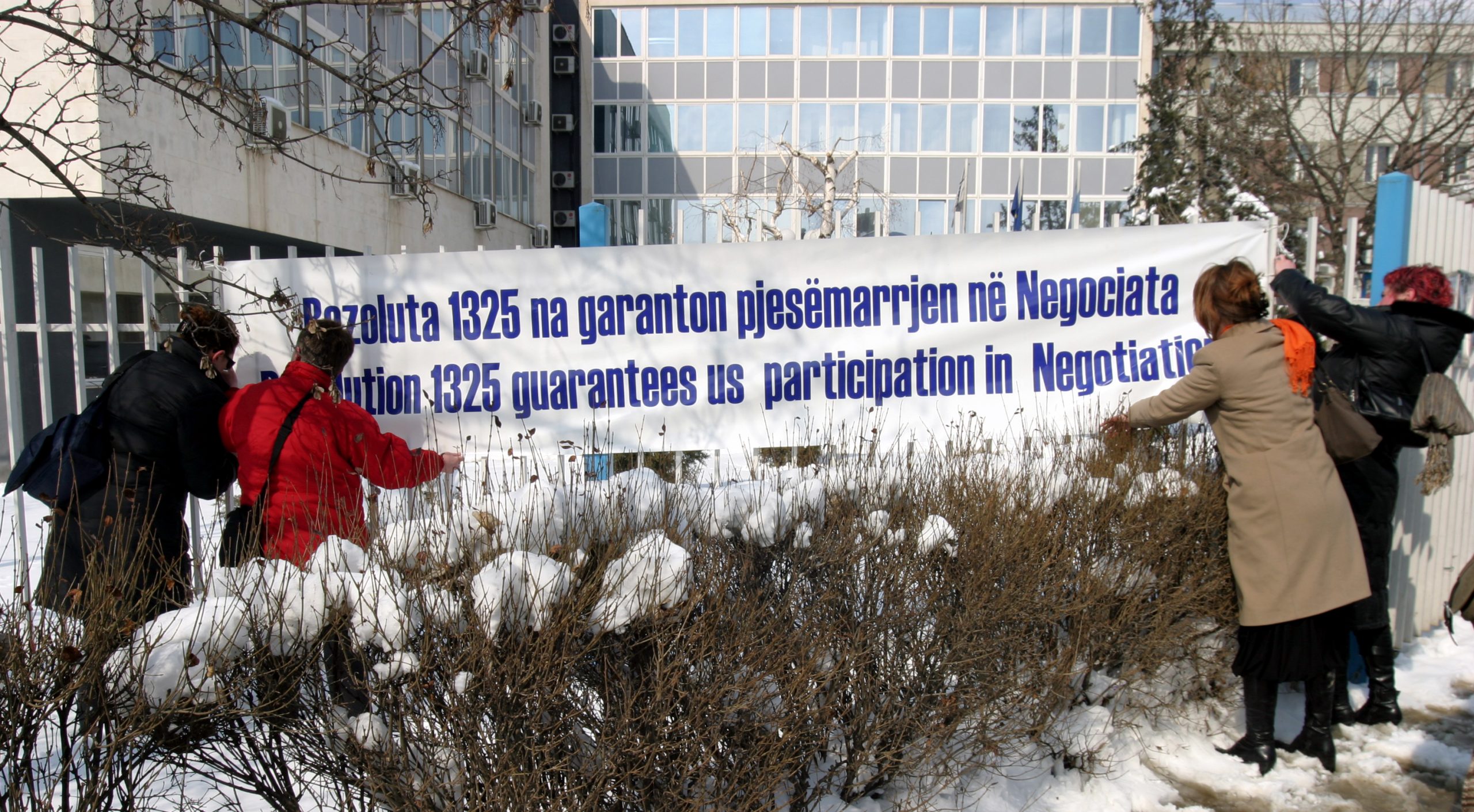Today, with great concern we were informed through the media about another case of rape of a minor girl in the Municipality of Pristina.
The Kosovo Women’s Network (KWN) through this press release demands the detention of the suspects for committing the criminal offense of “rape” on 27 August this year in Pristina until a final decision is taken by the court, and not to be released after 48 or 24 hours.
KWN calls on the suspect to receive a sentence commensurate with the gravity of the offense after evaluating the evidence. According to the Criminal Code of the Republic of Kosovo, Article 227, it is stated that “Whoever subjects another person to a sexual act without such person’s consent shall be punished by imprisonment of two (2) to ten (10) years… and in case committed against a person under the age of sixteen (16) years, the perpetrator shall be punished by imprisonment of five (5) to twenty (20) years.
Moreover, KWN is very concerned that so far only two of the five people suspected of rape have been arrested by the competent institutions.
According to the Institute of Forensic Medicine, in over 70% of cases of sexual rape, the victims are underage girls. Sexual violence against women and girls and any other form of violence against women and girls must be combated by the whole society and every perpetrator of violence must receive deserved punishments from the competent bodies.
We also call for a focused approach to the victim when working with the juvenile and for her to receive necessary assistance. KWN remains open to cooperation and assistance to victims of gender-based violence through free legal advice and referral to relevant institutions. If you need free legal aid for cases of gender-based violence, or know someone who needs it, contact us at: 038 245 850.





